Projects attached to the country Germany
Schola-un tutorat pour les éducateurs pour valoriser un bénévolat - 2016-2018
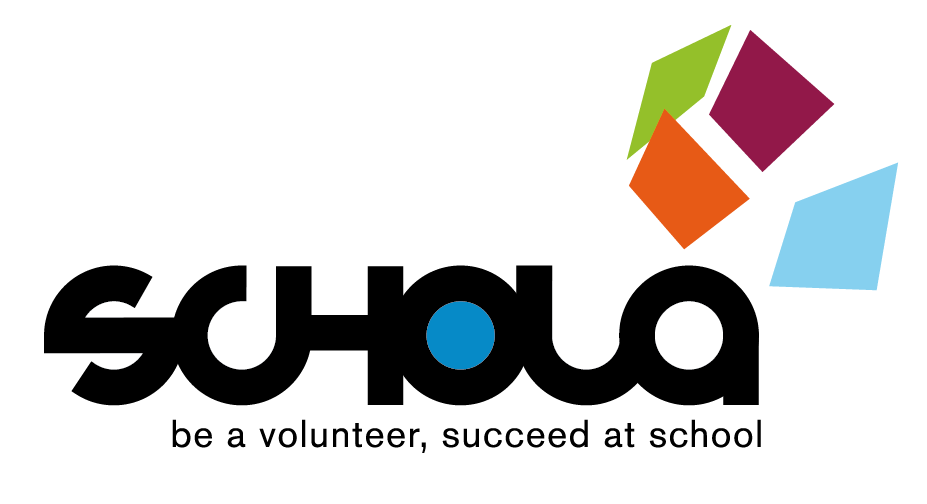

Initiated by the Collège Blaise Pascal (Massy, Essonne) together with riv conseil, the project Schola - selected during the call for proposals Erasmus + 2016- gathers a European team in France, Belgium (Karel De Grote Hogeschool, Anvers), Italy (Universita degli Studi di Perugia, Pérouse), Slovenia (ZRC-SAZU), and Poland (University of Jagiellonski, Cracow). The Schola project aims at offering new approaches to strengthen the education and training paths of prospective and practicing educators/youth workers ; equipping them with all competences and skills needed to deliver high quality services and address increasingly diverse needs e.g those posed by multicultural societies. It is an innovative project aiming to reduce disparities in learning outcomes affecting learners from disadvantaged backgrounds/with fewer opportunities.
The Schola project addresses mainly educators in the broad sense- professionals and volunteers working with youngsters facing difficulties at school or already drop outs living considered as learners from disadvantaged backgrounds. Its aims and objectives are: to acquire knowledge on the reasons for an early school leaving (ESL) and the strategies offered to struggle against it, both on national and European levels ; to motivate mentors – teachers and professionals in association - by understanding the role they play in the educative community through extra-school activities ; to learn to learn on insisting on the key competences (EU, 2006) and the different types of learning (formal, non-formal, informal - Copenhagen process) and the combination between volunteers and professionals in the field ; to explain the benefits of alternative pedagogical strategies, in complement to school, on the basis of a voluntary experience (cf SAS project).
Di&Di- promouvoir la diversité en luttant contre les discriminations - 2013-2015
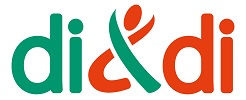
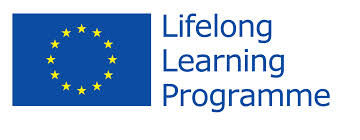
The Di&Di project aims at proposing a tool and strategy for two specific target groups: qualified youngsters with migratory background and low qualified women also with a migratory background. It will propose a tool & mentoring that should allow them to take into account their special needs, to value their route, to define their professional profile on the basis of positive choices (and not being assigned to specific jobs). Albeit their profiles might be different the difficulties on the labour markets are quite similar. The Di & Di project should enhance exchange of experiences between youngsters and women in order for them to build their professional future. The youngsters may transfer knowledge and specific competences; women will transfer their experience and other competences.
The main innovation of the Di & Di project is : to address directly people with a migratory heritage to support them on the labour market focussing on two specific target groups (qualified youngsters and low qualified women); to propose a tailor made training to these special target in order to make them think of a professional future ; identify skills and competences ; open their perspectives for employment or new professional career, with a special view to enhance their creative and spirit of entrepreneurship competences ; to propose a mentoring, a collaborative method meant to enhance the exchange of experiences and competences among two target groups with different profiles (qualified youngsters & low qualified women)
VPL2- Valoriser les acquis de l'expérience en Europe - 2005-2007

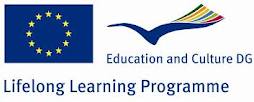
A European project initated by the Han University , supported by the European Commission under the Leonardo da Vinci Programme. Eleven countries involved : the Netherlands, Cyprus, Czech Republic, Germany, France, Ireland, Italy , Lithuania , Norway and the United Kingdom. Here is the website : www.vpl4.eu. iriv's contribution consisted in presenting the Vaeb project and the two French projects linked to it, Vaeb Aria and Vaeb in Brittany.
Vaeb - 2003-2006
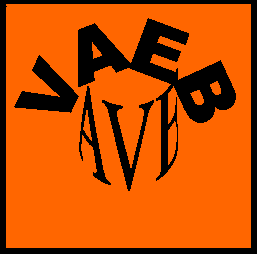


A l'initiative de l'Iriv, il réunit 14 partenaires dans 7 pays européens (France, Allemagne , Autriche , Hongrie , Italie , Pologne et Royaume-Uni). Il a été financé grâce à la Commission européenne (programme communautaire Leonardo da Vinci "Former et éduquer tout au long de la vie".) et avec un soutien du Conseil régional de Champagne Ardenne pour l'expérimentation en France.
Vaeb - 2003-2006



A l'initiative de l'Iriv, il réunit 14 partenaires dans 7 pays européens (France, Allemagne , Autriche , Hongrie , Italie , Pologne et Royaume-Uni). Il a été financé grâce à la Commission européenne (programme communautaire Leonardo da Vinci "Former et éduquer tout au long de la vie".) et avec un soutien du Conseil régional de Champagne Ardenne pour l'expérimentation en France.




























